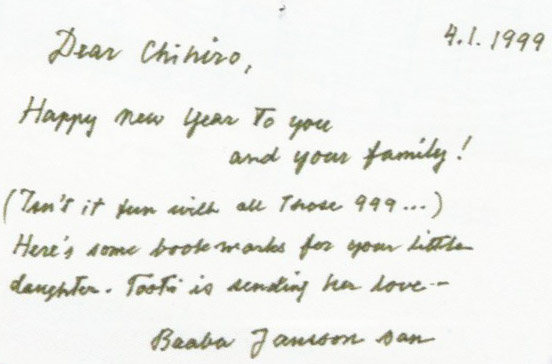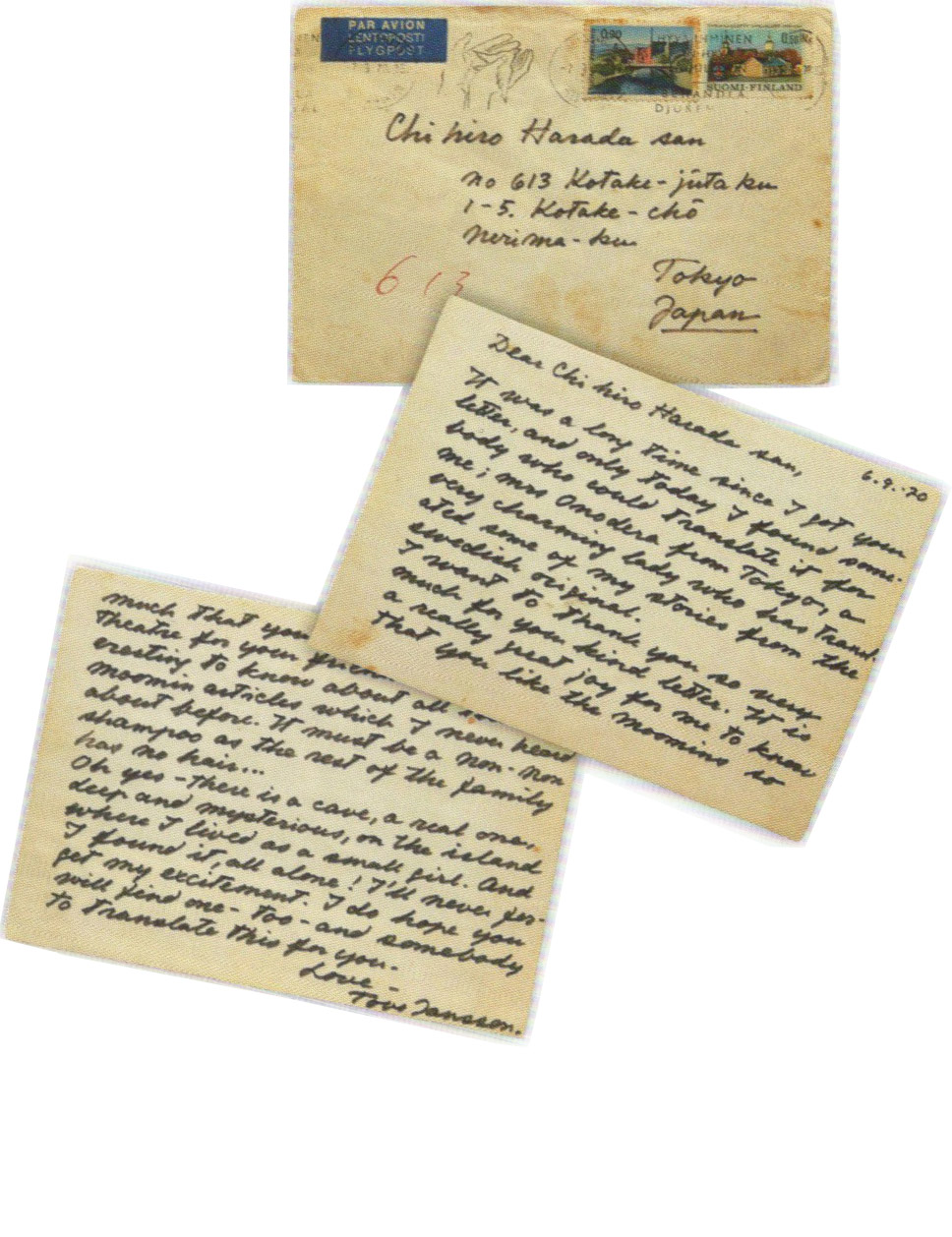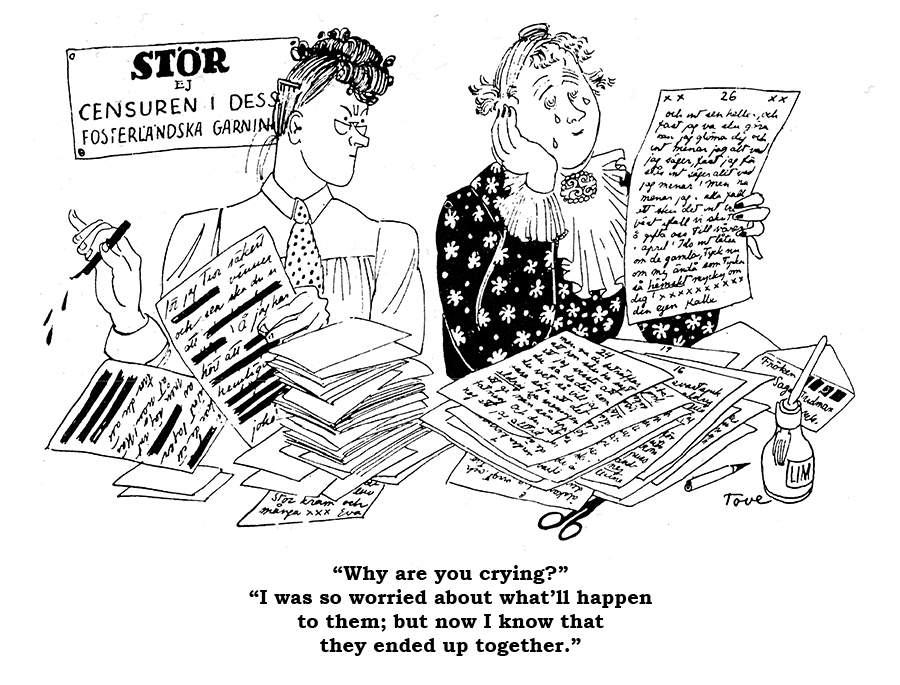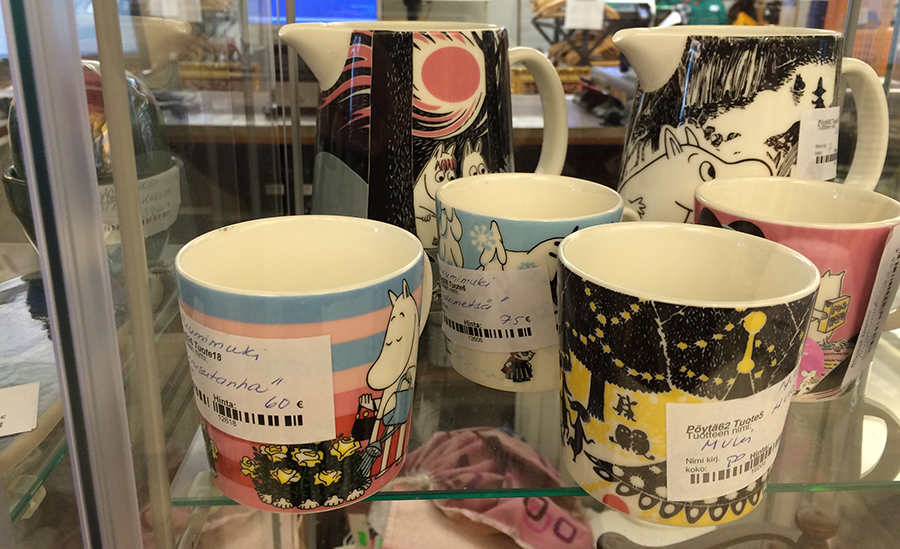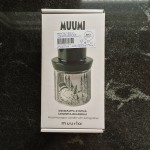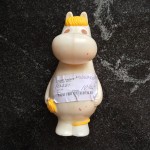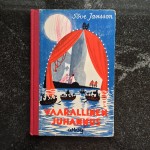It’s perhaps not surprising that, given her success as a writer and an artist, Tove Jansson’s modelling career is somewhat overlooked. Although she wasn’t cavorting on the covers of Vogue, Ny Tid, or even Garm, she spent long hours modelling for her father, Viktor ‘Faffan’ Jansson. A gifted sculptor, Viktor – like many Finnish sculptors of the time – forever followed in the footsteps of Wäinö Aaltonen. Even more so than today, sculpture was a hard field to work in, and even harder to break into. Materials were not cheap, the work was labour-intensive and the resulting pieces were inevitably priced beyond all but the most ambitious pockets.
But Viktor persevered, fighting for commissions, competitions and prizes, whilst his wife Ham supported the family with her illustration work. Tove Jansson was drafted in as a model almost from her birth, and a good few of the resulting sculptures are now on public display in Finland. Armed with a camera, I went for a look…
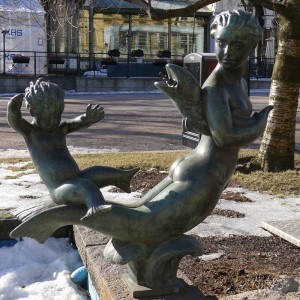 The first one that I wanted to see proved impossible. Sjöjungfru is located in an inner yard in Helsinki but, due to a police cordon, I couldn’t get through to see it. I had more luck in the nearby Esplanadi park, where Lek II was on display. It’s one of two mermaid sculptures – mermaids were a recurring theme in Viktor Jansson’s work. Tove Jansson modelled for the smaller figure, the little mermaid playing on the tail.
The first one that I wanted to see proved impossible. Sjöjungfru is located in an inner yard in Helsinki but, due to a police cordon, I couldn’t get through to see it. I had more luck in the nearby Esplanadi park, where Lek II was on display. It’s one of two mermaid sculptures – mermaids were a recurring theme in Viktor Jansson’s work. Tove Jansson modelled for the smaller figure, the little mermaid playing on the tail.
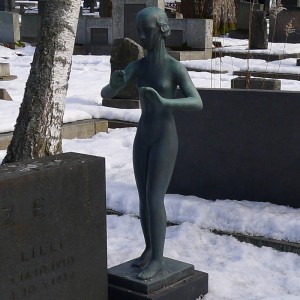 Convolvulus was placed in Kaisaniemi Park in 1931, and this smaller version is in Hietaniemi graveyard. This came about as the result of one of Jansson’s successful competition entries, and again featured Tove Jansson as a model. The title refers to a type of bindweed, a thread of life, and relates to the the interplay between nature and femininity. There’s also duality in the pose itself; the risen hand is partly in defence and partly bestowing a blessing, welcoming the advent of Spring.
Convolvulus was placed in Kaisaniemi Park in 1931, and this smaller version is in Hietaniemi graveyard. This came about as the result of one of Jansson’s successful competition entries, and again featured Tove Jansson as a model. The title refers to a type of bindweed, a thread of life, and relates to the the interplay between nature and femininity. There’s also duality in the pose itself; the risen hand is partly in defence and partly bestowing a blessing, welcoming the advent of Spring.
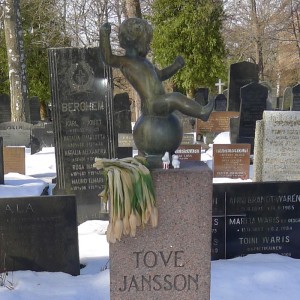 A somewhat sadder sculpture is located nearby: The grave of the Jansson family. Viktor, Ham, Lars and other members of the family were laid to rest here and of course the grave is often adorned with tiny Moomins left by well-wishers. The Janssons are in prestigious company; Finland’s decorated military hero Carl Gustaf Emil Mannerheim is also buried here as is designer Alvar Aalto.
A somewhat sadder sculpture is located nearby: The grave of the Jansson family. Viktor, Ham, Lars and other members of the family were laid to rest here and of course the grave is often adorned with tiny Moomins left by well-wishers. The Janssons are in prestigious company; Finland’s decorated military hero Carl Gustaf Emil Mannerheim is also buried here as is designer Alvar Aalto.
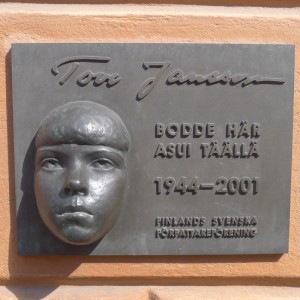 On a happier note, a sculpture of Tove Jansson’s face adorns the entrance to her home and studio, the Atelier in Ullanlinnankatu. I had the good fortune to visit this place recently – something that I’ll cover in more detail in a forthcoming post. Suffice to say it was an incredible privilege and yes, there are more sculptures behind the closed doors.
On a happier note, a sculpture of Tove Jansson’s face adorns the entrance to her home and studio, the Atelier in Ullanlinnankatu. I had the good fortune to visit this place recently – something that I’ll cover in more detail in a forthcoming post. Suffice to say it was an incredible privilege and yes, there are more sculptures behind the closed doors.
 Heading North to Tampere, there’s another sculpture of Tove in Sorsapuisto. Kajastus was created at the same time as Convolvulus, but went to Tampere rather than Helsinki. It shares the same heritage as its sister, but the arms are raised, with no suggestion of defence.
Heading North to Tampere, there’s another sculpture of Tove in Sorsapuisto. Kajastus was created at the same time as Convolvulus, but went to Tampere rather than Helsinki. It shares the same heritage as its sister, but the arms are raised, with no suggestion of defence.
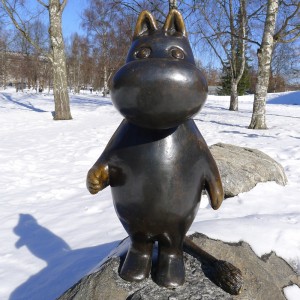 And in the same park – Moomin. Relocated from his old home outside the Metso library, he now greets visitors to the Moomin Museum at its new home in Tampere Talo (and again, more about this in another post…). This was cast from a sculpture by Tove’s partner, Tuulikki Pietilä – although it’s important to note that although Tuulikki created the sculpture, Tove drew the eyes.
And in the same park – Moomin. Relocated from his old home outside the Metso library, he now greets visitors to the Moomin Museum at its new home in Tampere Talo (and again, more about this in another post…). This was cast from a sculpture by Tove’s partner, Tuulikki Pietilä – although it’s important to note that although Tuulikki created the sculpture, Tove drew the eyes.
It’s touching that Moomin now resides in the same park as his creator, just across the lake from each other. Aww.
Viktor didn’t always have it his own way though, and Tove did get her own back in the pages of Garm. I’ll leave the post on that note:
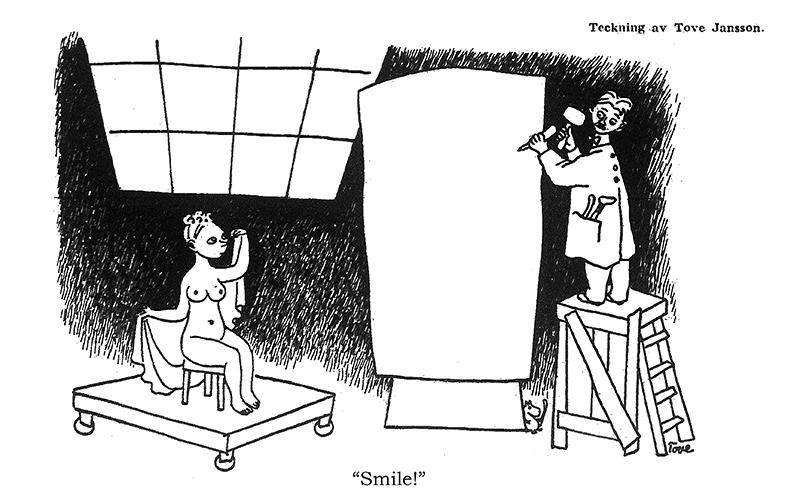
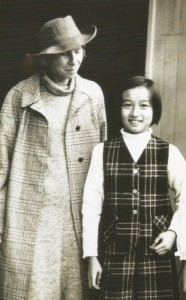 who disliked the major changes in the personalities and even the names of the characters. Don’t expect to see this one coming to DVD anytime soon.
who disliked the major changes in the personalities and even the names of the characters. Don’t expect to see this one coming to DVD anytime soon.